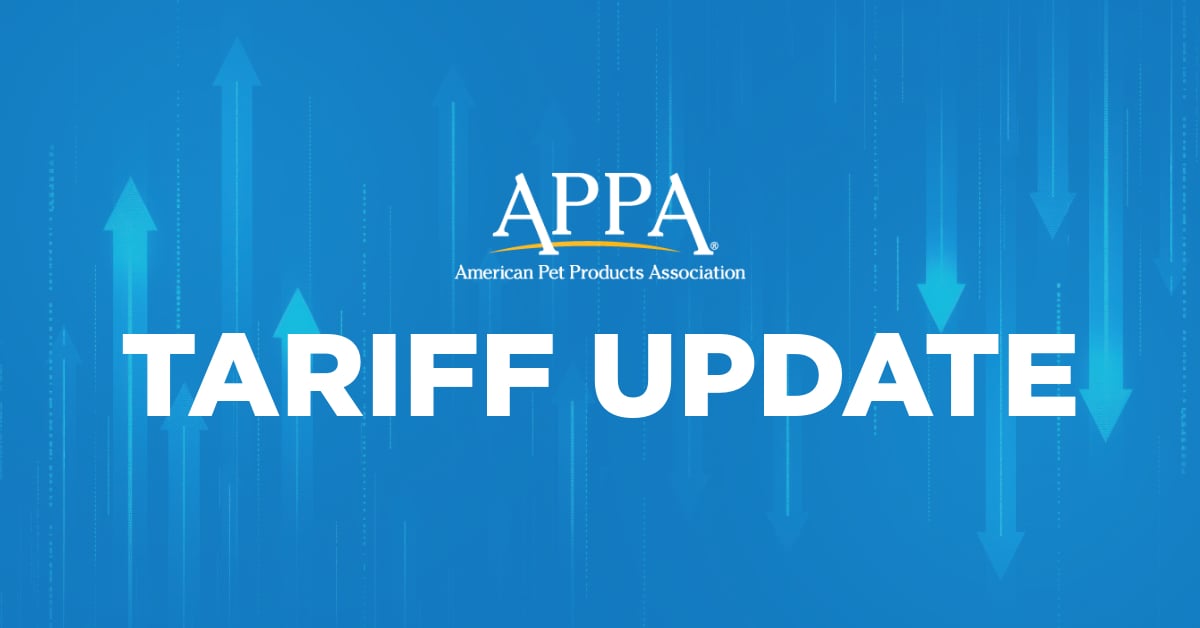- September 19, 2025: The Trump administration filed its opening brief with the Supreme Court, urging it to uphold the president's tariff authority.
- October 20, 2025: The deadline for challengers—including several states and businesses—to submit their response briefs.
- October 30, 2025: The deadline for the government to submit its reply brief.
- November 5, 2025: Oral arguments will be heard before the Supreme Court.
- Possible decision: While there is no official date, a decision is possible before the end of the year or in early 2026, consistent with the expedited schedule. The lower court's stay will remain in effect until the Supreme Court issues its decision.
We encourage you to work with your Customs Brokers to monitor customs entries that are in the scope of the Supreme Court case. It’s important to monitor custom entries for liquidation status, as it could impact the method of obtaining refunds if they are offered. Below, we define the liquidation process and provide the regulatory reference if you wish to perform more research on the topic.
Liquidation Date (Simplified with CFR context and Current Guidance)
- What is Liquidation: The date when CBP finalizes the duties, taxes, and fees on an import entry.
- When it normally occurs: Within 1 year from the date of entry (19 U.S.C. § 1504).
- How liquidation can be extended: CBP can extend the liquidation period up to 3 years if more time is needed to review the entry (19 CFR § 159.1). In special cases, liquidation may be suspended longer, such as pending court decisions or administrative reviews.
- Current guidance: CBP has not issued specific instructions regarding extending liquidation periods or filing placeholder protests for entries affected by tariffs currently under review by the Supreme Court. Importers should monitor developments and consult legal counsel to determine the best approach.
- Effect of liquidation: Once liquidation occurs, the duty amount is final. Importers then have 180 days from the liquidation date to file a protest if they disagree.
U.S. Port Fees on Non-U.S. Vessels (Effective October 14, 2025)
The U.S. is introducing new port fees targeting foreign vessels, especially those built in China, to encourage use of U.S.-built ships.
Key Points:
- Chinese-owned/operated vessels: $50 per net ton per U.S. voyage (increasing annually).
- Non-Chinese operators of Chinese-built ships: $18 per net ton or $120 per container, whichever is higher.
Exemptions:
- U.S.-owned vessels
- LNG and car carriers supporting U.S. military operations
- Vessel owners ordering U.S.-built ships may waive fees
Carrier Actions:
- Shipping lines are actively rerouting Chinese-built vessels away from U.S. ports to avoid the fees.
- Examples include rerouting via Mexico or adjusting fleet deployments to minimize exposure.
Important for Shippers:
- Currently, major shipping lines do not plan to pass these fees on to importers/exporters. However, shippers should check with their specific carriers to confirm how fees are handled under their contracts. Be aware that rerouting may affect transit times and port calls.
Impact:
- Fees could increase operational costs for shipping lines, but for now, the intention is to absorb them.
Progressive Trade Consulting (PTC) provides guidance on how transportation, customs, or other government regulations may affect the Client’s business.
PTC is not a law firm, does not practice law, and does not provide legal advice. The Client should consult legal counsel for any legal matters, including trade compliance.
The Importer of Record (IOR) is responsible for complying with customs regulations and managing the import process. This includes obtaining required licenses and permits, classifying and valuing goods correctly, declaring goods accurately, paying duties and taxes, following import rules, and maintaining proper records.
Progressive Trade Consulting
Subscribe to our newsletter
Get recent blog articles, information about APPA research publications, regulatory updates, and upcoming event details.

From Bigger Tanks to Stronger Bonds: Fish & Reptile Ownership Evolves in 2025
APPA's latest report reveals shifting demographics, rising engagement, and the important role smaller pets have in U.S. households
The American Pet Products Association (APPA) Releases 2025 Dog & Cat Report, Revealing a New Era of Pet Ownership
Trends show a record-breaking rise in cat ownership, deeper human-animal bonds, and a growing focus on proactive pet wellness.
New Coalition Forms to Tackle Tariff Challenges in the Pet Industry
Seven leading pet industry organizations unite to host informative tariff webinar STAMFORD, CONN. (May 6, 2025) – The American Pet Products...


